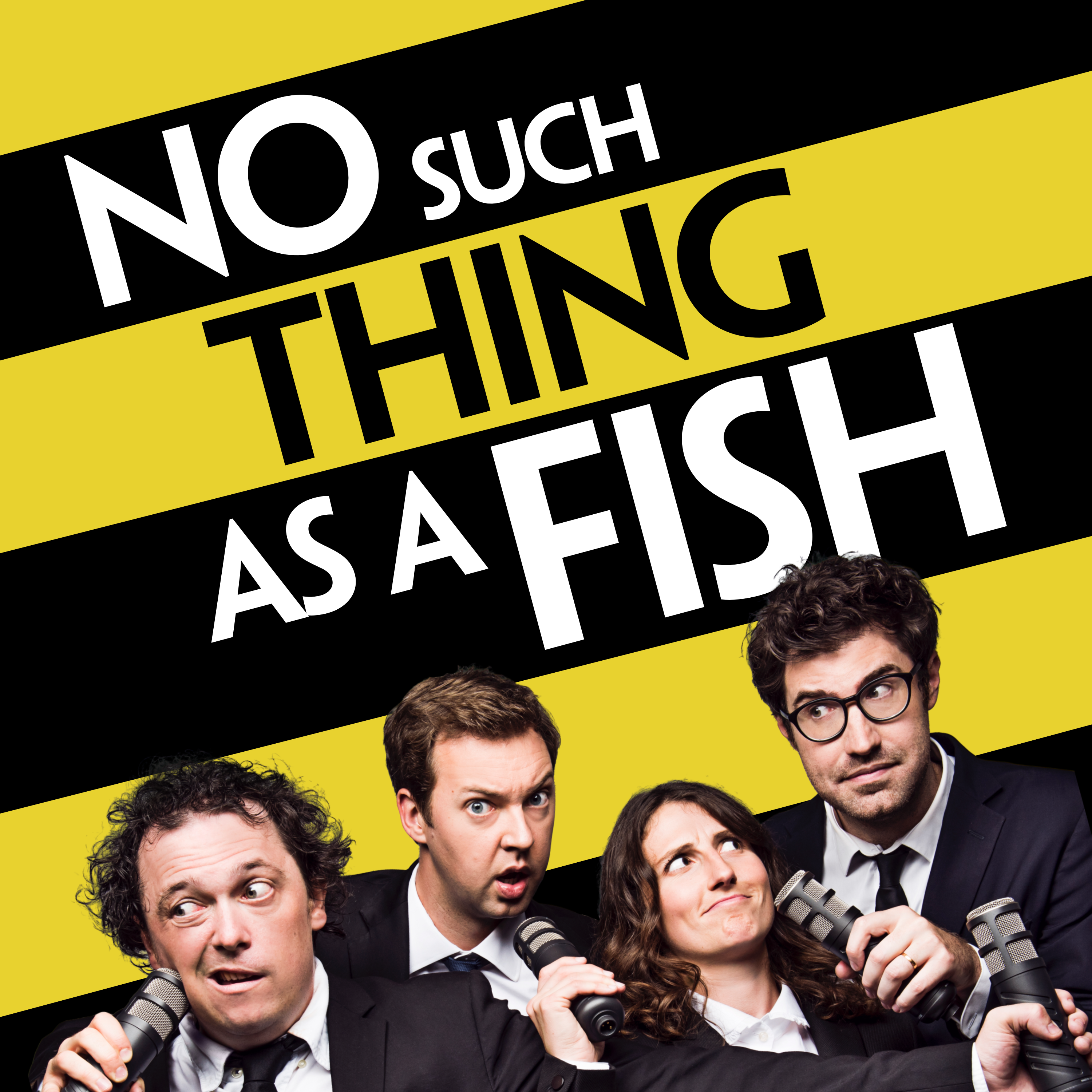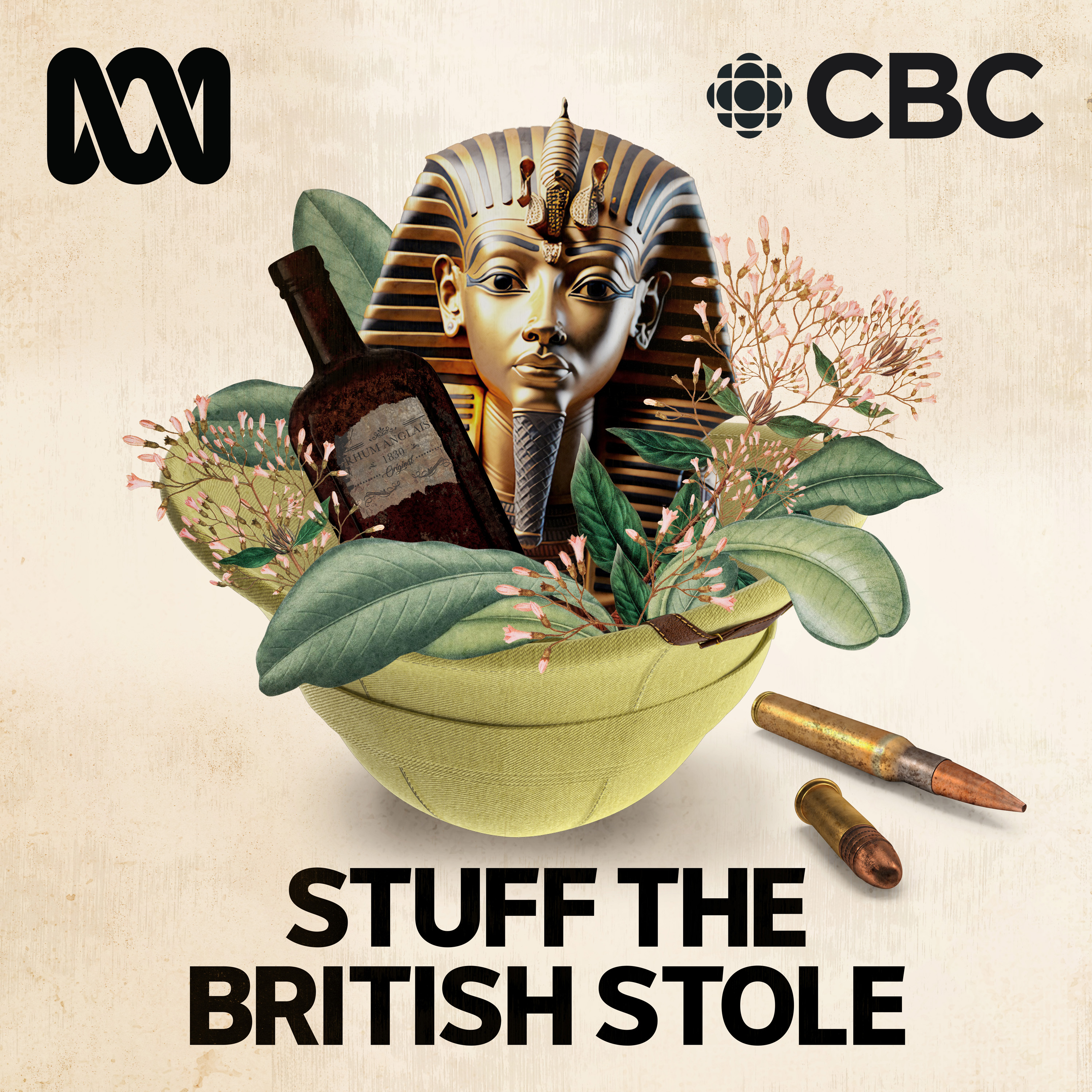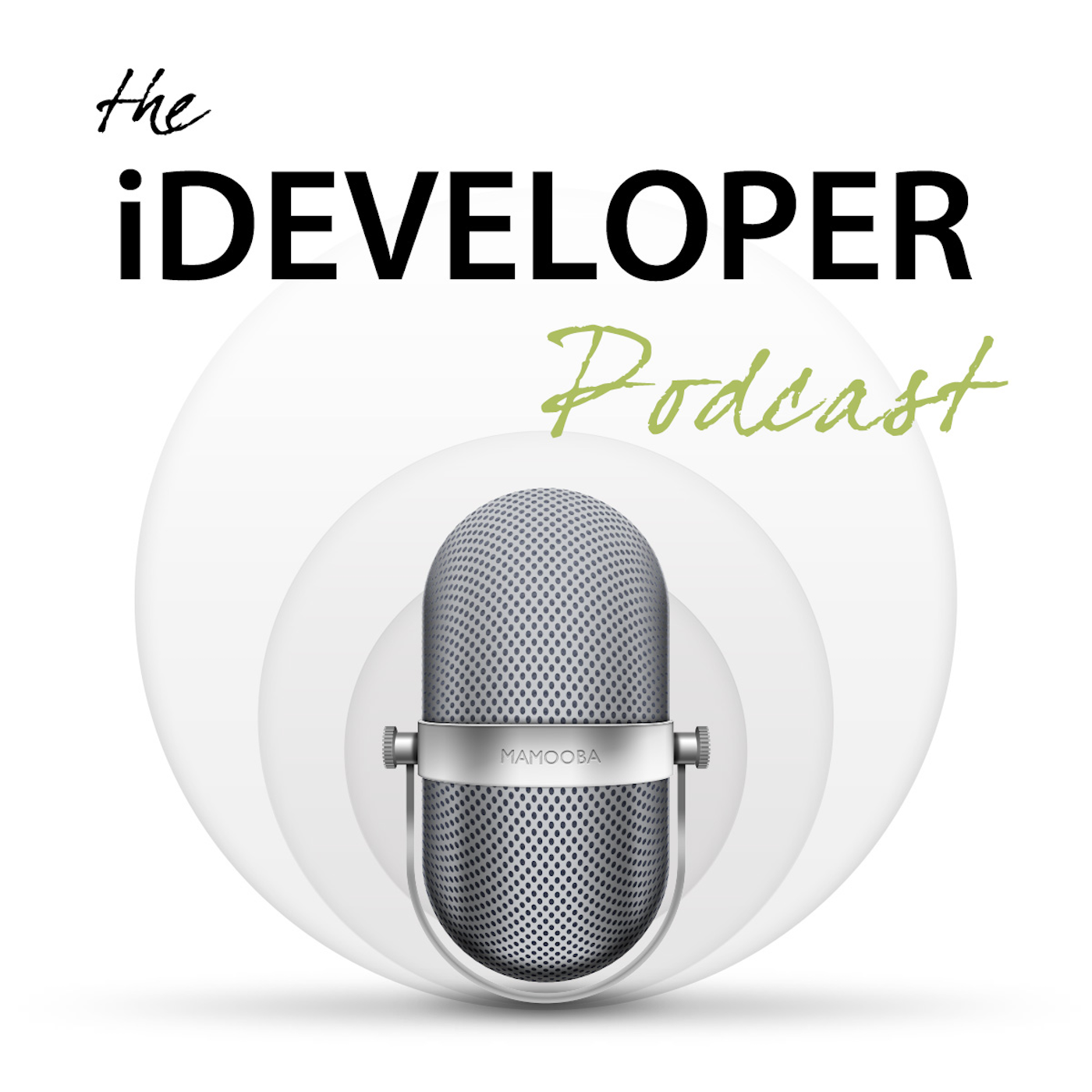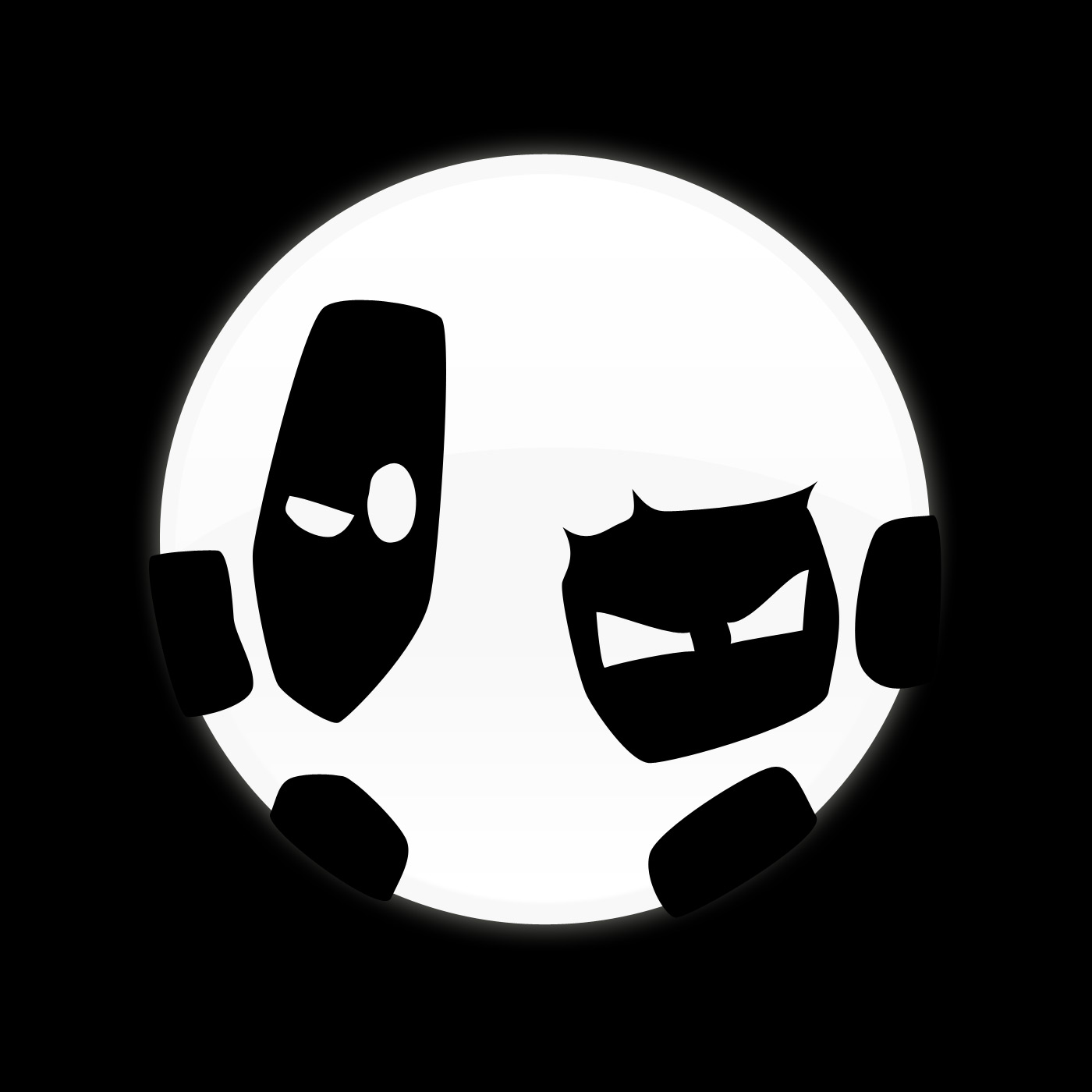
Piano, finally
Piano Finally is a podcast by an old bloke who is learning the piano, finally. I cover the process of learning the piano and music theory as an adult learner. I also review piano books, hardware and other materials from an adult learner's perspective.
Piano, finally
Episode 59 - It's Our Job
🎙 Episode 59 – It’s Our Job
Welcome to Piano, Finally. This week brings a few changes in how the show is recorded. The entire episode has been produced in Cubase using Steinberg’s SpectraLayers for audio processing. Recording the MIDI data from the Kawai NV10 directly into Cubase has improved the quality of the piano sound—now I just need to work on improving my playing!
A warm welcome to new listeners who found the show through Marc Larochelle’s My Keys To Music newsletter. Thank you for joining the journey.
YouTube Feature – The Music Tab
Instead of a single channel, this week’s tip is to explore the Music tab in YouTube. You’ll find recommended videos across every style: brass arrangements, classical favourites, pop, rock, even oddities like “I’m a Barbie Girl in the style of six composers.” Clicking on things you wouldn’t normally listen to is a simple way to expand your musical horizons.
Essay – It’s Our Job
Jaime Martín’s pre-concert story about how hearing Pictures at an Exhibition changed his life sparked this week’s reflection. Every musician starts with a first experience. But with music education often shrinking, who is going to give kids those first experiences now? It has become our job.
Take the young people in your life to hear music that won’t come from a social media algorithm—live orchestras, jazz, folk, choirs. Every performance is a chance to spark curiosity and broaden their world.
Review – Editors Keys for Cubase
Learning Cubase can feel like learning a whole new language. This week I’ve been using a new keyboard from Editors Keys designed for Cubase. It has colour-coded keys and printed shortcuts, making it much faster to navigate. It’s Bluetooth and backlit, but I keep it plugged in so I don’t have to worry about battery life.
Editors Keys Keyboards
Theatre – Trophy Boys
At Carriageworks, I caught Trophy Boys, a sharp, funny and powerful play about private school debaters preparing for a final round. Performed by a female and non-binary cast, it’s on until 3 August.
More on the play
Progress
This week’s practice pieces are Spindler’s Canon, Türk’s Bagatelle in F, Craggs’s Afternoon Snooze and Blackout Blues, all recorded on the Kawai NV10 using the Native Instruments Claire Fazioli piano.
The contents of this podcast were entirely generated by a human. These show notes, however, were created by ChatGPT.
You can contact me:
- via email at david@pianofinally.show; this is probably the best option
- the show website, www.pianofinally.show
- Instagram and Threads @pianofinally
- and on YouTube
- all the podcast directories - list
- here's the RSS feed
Some of the links to books and other items mentioned in the podcast may affiliate links for Amazon or other providers. If you use one of these links, a commission may be paid to me at no additional cost to you. Thank you if you use a link.
All reviews of products, websites and services are unpaid, and no sponsorship has been received for any content on this podcast.
G'day everyone, I'm David Reidy. Welcome to Piano, finally, a podcast by an old bloke who's getting around to learning the piano. Finally. Welcome to show 59. Thank you very much for listening. If this is the first time you're hearing the podcast, I hope you enjoy what's in the show. If you've returned for another episode, then thanks for coming back. If you too are learning a musical instrument, let me know how you're going with it. You can contact me at david at pianofinally.show A special welcome to all the new listeners who have joined in the last few weeks. Marc Larochelle of My Keys to Music kindly mentioned the podcast in his newsletter, and the number of downloads of the podcast episodes doubled. So thanks Mark, and welcome once again to all the new listeners who have found the show from Marc's links. This week the show is being fully produced using both the new hardware and software. I'm using Cubase from Steinberg to do the recording, and the Steinberg SpectraLayers audio software to process the sound. This should make the voice recording better, not that it was bad, but SpectraLayers can do much more with the sound. It will also let me try some new things in the coming months. There is also a change to the way I'm recording the practice pieces. Up until now, the Pianoteq or Native Instruments piano software was used to make the audio, and then that audio was recorded into Audition. Because Cubase is a fully featured digital audio workstation, it can take the MIDI information from the Kawai NV10 and turn it directly into the tracks in the recording, using Pianoteq or native instruments. It should improve the quality of the piano sounds, but I will still have to work on improving the quality of my own playing myself. I'm back at Carriageworks this week for the last play in the series I bought. This one is called Trophy Boys, and I'll do a quick review at the end of the episode. Rather than suggest a single YouTube channel or video this week, I'm going to point out perhaps the best place to find unexpected musical gems, and a lot less gem-like music. The Music tab in the YouTube app. On the YouTube app on my iPhone, the Music tab is the second one on the top of the screen. On my TV, you need to scroll down a bit to find it. But regardless of what version of YouTube you are using, it will be there somewhere. As it is the YouTube algorithm that decides where things are, you might find the music tab moving about the more you use it. It's also the algorithm that decides what appears in your version of the tab. And the algorithm seems to make some interesting choices. I should point out that I pay for YouTube Premium to avoid the ads. I don't know if that changes the contents the algorithm suggests, as it makes no difference if the videos I watch carry advertising or not. What do I find in the Music tab? There are lots of different collections within the Music tab, but I've been having the most fun with the recommended music video selections. I've deliberately been clicking on music I might not otherwise listen to, so quite a wide range of music genres gets suggested. There are the usual music videos from the different record labels and producers. These are, I assume, legal versions of the tracks, given how vigorously YouTube enforces copyright protections. Quite often, compilation videos pop up that seem to be algorithmically generated rather than presented by a real person. I expect that these are AI generated, but this doesn't mean that they're not entertaining. They have titles such as the 50 best-selling UK singles of 1979, or top 15 songs from 1976 that time forgot. As I was a teenager during that period, I've been enjoying the flashbacks. My current recommended list starts with Taylor Swift, followed by A Brass Arrangement of the William Tell Overture, Thunderstruck by ACDC, The Arrival of the Queen of Sheba on period instruments and I'm a Barbie girl in the style of six composers. So as you can see there are many opportunities to listen to very different pieces. I suppose the algorithm does eventually begin to learn. I very rarely get any Jazz suggested but you can reset your YouTube algorithm if it starts to become too predictable. Give the YouTube music tab a try next time you're looking for something to extend your musical horizons. It's Our Job This week's essay came about from a comment made by Jaime Martin at the talk before the Sydney Symphony Orchestra performance last week. Jaime told the story of his father taking him to an orchestral performance in their hometown of Santander that included Mussorgsky's Pictures at an Exhibition. It was that experience that got him started with classical music, eventually becoming a world-renowned conductor. To complete the story, the Melbourne Symphony Orchestra, of which Jaime is the chief conductor, will be touring Europe starting in August, and the tour includes a concert in Santander on the 24th of August, which includes Pictures at an Exhibition, and Jaime's father will be there. Something that I often point out when I take students to science talks or to see visiting lecturers, is that you can't be something that you've never seen. When the lecturer at the Science Talk about humpback whales off the Sydney coast turns out to be a young woman who grew up in country New South Wales before becoming a world expert on tracking whale health, the young people in the audience may start to think about career paths that they'd never considered. And the same is true for music. How does anyone gain an appreciation for music if they only ever hear tracks that accompany TikTok videos. I don't use TikTok, but from what I have seen, much of the music there is now AI-generated, and not very well generated at that. How will kids hear Jazz, or classical, or opera, or musical theatre, if all the music is algorithmically generated to basically be backgrounds to videos? Even listening to commercial radio still limits the range of music to what is commercially profitable, in other words, what sells ads. When I was in primary school and the early years of high school, everyone did music of some type. When I was very young, a man would come in and play piano for sing-alongs. But that was about it. I got most of my knowledge of music from the other adults in the street where I lived. Mrs Martin, the oboeist across the road, and Mr Campbell, the trumpeter who lived there too, Uncle Pat with his collection of stringed instruments at the end of the street and my parents bought me a guitar and lessons. Currently at the school I work at all students get a chance to learn some simple tunes on a keyboard and a guitar. This is fairly typical for high schools in New South Wales but is not the case in many other places. Unfortunately it is common to see money being removed from education and often the first programs to go are the art subjects. When schools and universities are being run on purely commercial grounds, subjects that do not have a direct input to work skills are often seen as expendable. Making a living as any type of artist is not easy, so let's teach everyone only those skills that will lead to a job. The subjects that make life more joyful can be set aside. So if schools aren't going to expose young people to the wide range of experiences that make life more than just working nine to five, who is going to? Well, it has become our job. If, as adults, we have decided to learn a musical instrument, or if we are already proficient performers, then we know the value of music in our lives, and the value of music in the lives of others. So it is our job to spread that knowledge. It is up to us to make sure that the young people around us get to experience music and other art in all its different forms. If there are young people in your life, take them to see some music that they're not going to find on social media. Near where I live, the Penrith Conservatorium has concerts specifically designed for younger listeners. There is still a full symphony orchestra, but the program length is shortened to cater. Seeing, hearing and feeling a live full orchestra for the first time is something a child won't forget and it may just start a love of classical music. Taking them to a Jazz or folk music festival is likely to have a similar effect. Children are naturally curious so fill them up with possibilities. Every successful musician we see today had a first experience of the music that they now make. It may have been at school, but it's more likely that it was someone else in their lives. It's our job to be that person for the next generation of musicians. Cubase is one of the most powerful pieces of software I use, and so it's not the easiest tool to use when you begin. The software manual is around 1,400 pages long. It's very comprehensive, but there is a lot to learn and a lot to remember. Not everything has a shortcut from the computer keyboard, but all the things you use regularly do have keyboard commands. Remembering them is not easy. And that's where my new keyboard comes in. I'm using a Mac Mini as a controller for all my keyboards, and for recording and editing. Mac Minis don't come with a keyboard, so I've been using an old Apple wireless keyboard and trackpad. When I saw that Editors Keys had a new keyboard out for Cubase that works on both Macintosh and Windows computers, I was interested. The new keyboard has wireless connectivity via Bluetooth and full backlighting. As far as being a regular keyboard goes, it does everything you would expect, even allowing it to be paired with three different Bluetooth devices. The keyboard feel is fine, a little different from the Apple keyboard it is replacing, And, like the Apple keyboard, it's silent. It's the keycaps that make the keyboard special. In addition to having all the usual letters printed on them, they also have all the Cubase keyboard shortcuts, colour-coded to match the modifier keys. The key backgrounds are also coloured, grouping the keys by their main functions. For example, all the editing tools have yellow backgrounds. These are mostly the number keys, and the icons for the different tools are included on the keys as well. Transport keys are pink, and so on. I expect that once I've been using Cubase for a while, I'll remember the keys for the functions I use all the time, but the new keyboard is certainly going to speed up my moving over from Adobe Audition. I'm using the keyboard plugged in. With the backlight on full, the battery in the keyboard only lasts 5 or 6 hours, And although it has an off switch, I never remember to turn accessories off, so leaving it plugged in is much more reliable. The battery will last around 100 hours if you don't use the backlighting. Editors Keys makes keyboards and overlays for lots of different audio and video software. If you're a regular user of a DAW or video editing, it might be a good idea to check them out. There's a link in the show notes. The play Trophy Boys by Emmanuelle Mattana, A Carriageworks, was great. The play takes place in real time over the one hour that a group of private school boys has to prepare their speeches for the final round of a debating competition. Of course, when I heard about the play, it was obvious I was going to see it as I run the debating at school. I won't give anything away, but I hope that my students are a bit better behaved when they are left alone to prepare their speeches. A female and non-binary cast performs the play, and they do a great job of bringing the four characters to life. There are copious content warnings accompanying the performance, but no one in the packed audience took advantage of the permission to leave if it got a bit much. The play is both funny and profound, and well worth seeing if you get a chance. It is on at Carriageworks until the 3rd of August There's a link in the show notes If you'd like to contact me, email is the best way You'll find me at david at pianofinally.show and the website at www.pianofinally.show In both cases, Piano, finally is all one word The show is also on Spotify and available as audio only on YouTube You can subscribe via any popular iOS or Android podcast application, or from directories such as Apple Podcasts, Spotify or YouTube. I also post an excerpt and link for each episode as an Instagram Reel. If you're learning an instrument, let me know where you are in your journey, what's going well and what are the challenges, and how are you managing your time. So, until next week, I hope your piano stays in tune, and you enjoy your time at the keys. This week, I'll include the four pieces that are close to being finished, if you can ever call any performance piece finished. They are Canon by Fritz Spindler, Bagatelle in F by Daniel Gottlob Turk, and Afternoon Snooze and Blackout Blues by Andrew Craggs. The main reason is that with all the new things I want to play some regular pieces to record into Cubase. All the pieces were recorded using the Kawai NV10 as the keyboard and Native Instruments Claire on the M4 Pro Mac Mini emulating the Fazioli F308 Grand Piano all via Cubase. 아멘 아멘 ご視聴ありがとうございました
Podcasts we love
Check out these other fine podcasts recommended by us, not an algorithm.

Connected
Relay
Upgrade
Relay
No Such Thing As A Fish
No Such Thing As A Fish
We Can Be Weirdos
Global
Stuff The British Stole
ABC and CBC
The iDeveloper Podcast
Steve Scott (Scotty) & John FoxRaven On: A Pop Culture Podcast
Natalie Bochenski & Stuart Layt
Smart Enough to Know Better
Dan Beeston & Greg Wah
TopMusic Piano Podcast
Tim Topham
The Chopin Podcast
Garrick Ohlsson and Ben Laude



